True stories have always been a darling choice for filmmakers. There are only a few crowd-pullers bigger than an “Inspired by a true story” tag. While some films turn history on its head to create cinematic intensity, there also exist films which spare no effort in bringing history to life in a grounded and realistic fashion. A while ago, I did a feature on The Most Historically Inaccurate Movies of All Time, detailing the gruesome mistakes made while making cinema based on historical events. And since I didn’t want to be considered a “glass half empty:” kind of person, here’s a list glorifying the other side of adaptation of history into cinema – the good side. The films which land a spot here merit from meticulous research about and expert portrayal of the history concerned.
Also, “docufiction films” i.e. fictional stories set within real history do not count, meaning that ‘Saving Private Ryan’, in spite of its remarkable 27-minute portrayal of the battle at Omaha beach, will not feature. They demand a separate list of their own. Getting back to the matter at hand, here’s the list of top 10 most historically accurate movies ever. You can stream some of these movies on Netflix, Hulu, or Amazon Prime.
10. A Night to Remember (1958)
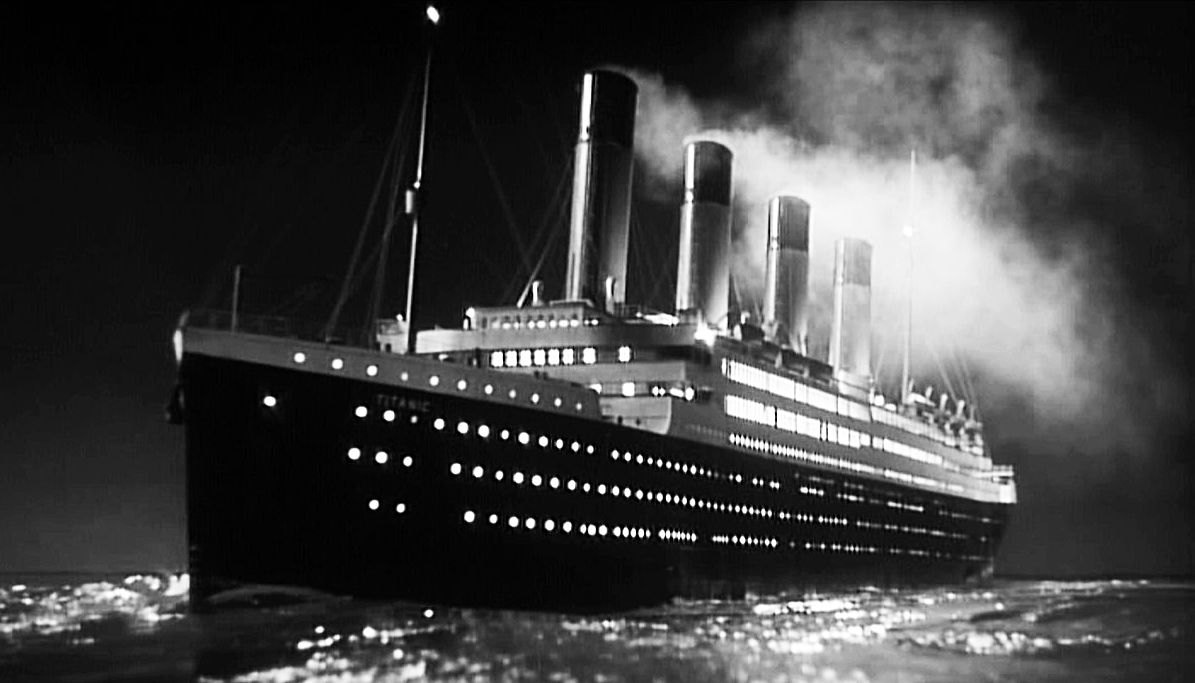
An account of the unfortunate fate of the RMS Titanic. No, don’t look back at the title again. This is the other, less popular account. And while 1999’s ‘Titanic’ boasts of a bunch of Oscars and global popularity, the 1958 counterpart dishes out historical accuracy. Visually, James Cameron was able to convey the actual sinking of the Titanic in a way that no other movie before would have possibly been able to do, but ‘A Night to Remember’ has an edge in almost every other factual accuracy, as Cameron chose to place a fictional love story in the setting instead.
Based on Titanic survivor Walter Lord’s book of the same name, ‘A Night to Remember’ focuses on an array of characters and provides an insight into both the class struggles of the time and the procedure for when a ship this size starts sinking. Joseph Boxhall, the Fourth Officer of the RMS Titanic and passengers Edith Russell and Lawrence Beesley served as consultants for the film, providing a firsthand account of the doomed incident and helping it to achieve nuanced performances and an authentic atmosphere. It’s an incredibly realistic look at the incident, and the few errors it does have (such as the ship sinking in one piece, whereas it actually split in two) can be blamed on a lack of information before the discovery of the ship’s wreckage in 1985.
Read More: Best Screenwriters of All Time
9. All The President’s Men (1976)
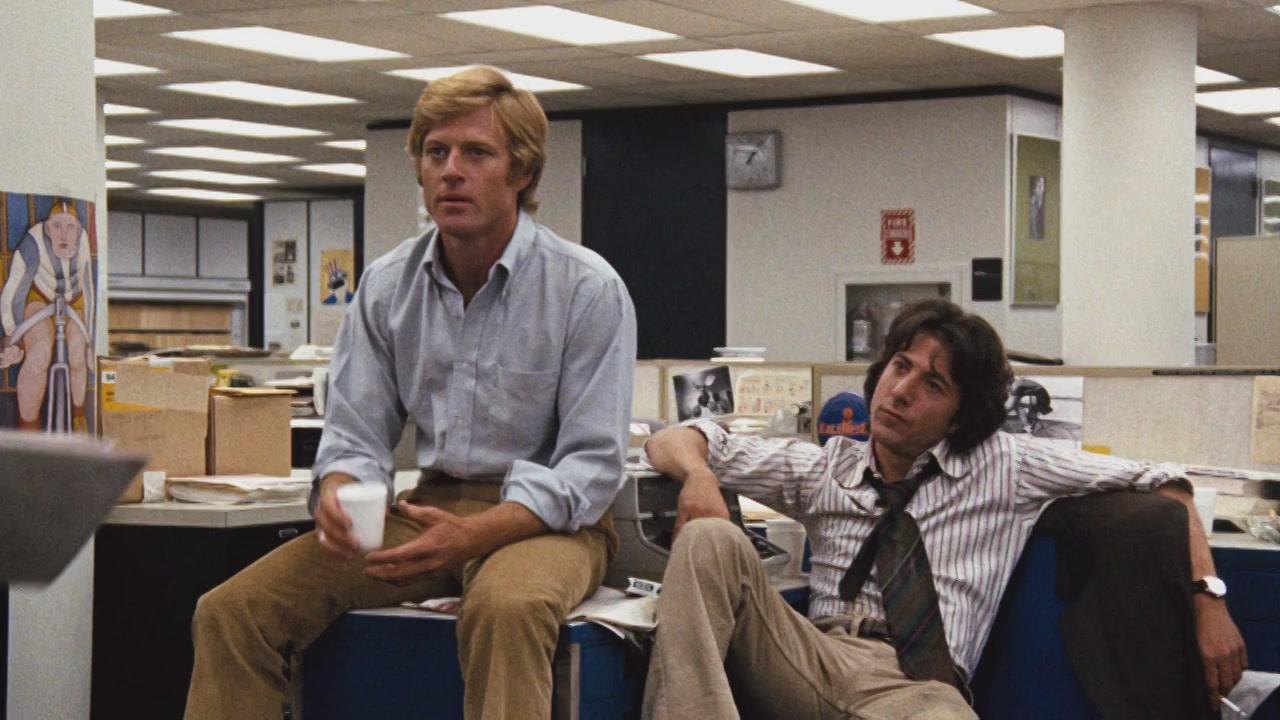
This political thriller directed by Alan Pakula is based on the 1974 non-fiction book of the same name by Carl Bernstein and Bob Woodward, the two journalists working for The Washington Post investigating the Watergate scandal which outed certain clandestine dealings and abuse of power by then-President Nixon.
The reason this film illustrates its source is the involvement of Ben Bradlee, the then-executive editor of the Post, who was concerned about the way journalists and newspapers would be depicted, and thus decided to influence the factual accuracy of the project. As a result, the filmmakers made sure every detail – from the mounds of research, articles and documents collected by Woodward and Bernstein to the desks their big-screen counterparts sat at – were perfectly replicated. The result is a painstakingly accurate recounting of two reporters’ bumpy path to uncovering an ugly truth. One of the most historically accurate movies.
Read More: Best Travel Movies of All Time
8. Milk (2008)
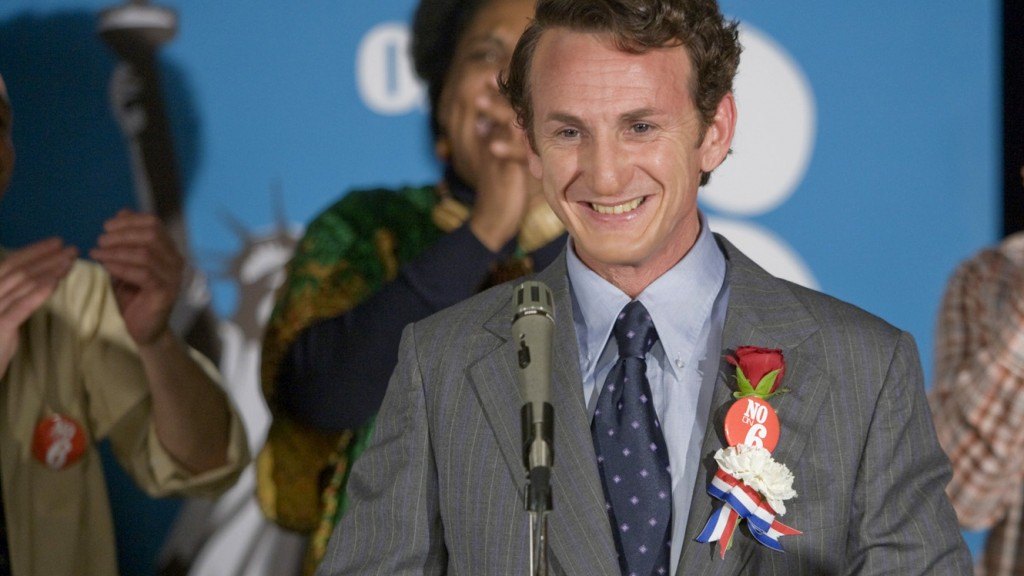
‘Milk’ is a bold account of the of life of gay rights activist and politician Harvey Milk, who was the first openly gay person to be elected to public office in California. Chronicling his life from his 40th birthday in 1970, through his foray into city politics, his romantic relationships and the various battles he waged against for gay rights, till his assassination by City Supervisor Dan White.
The film is heavily based on the Oscar-winning 1984 documentary ‘The Times of Harvey Milk’ and the extensive research carried out by writer Dustin Lance Black for 3 years added to its awareness of Milk’s life. Sean Penn brought an additional edge as he breathed life into Milk in one of his finest performances (gaining an Oscar for his dedication). Appropriately, the film’s release coincided with Proposition 8, California’s referendum on same-sex marriages.
Read More: Best Intelligent Movies Ever Made
7. The Pianist (2002)
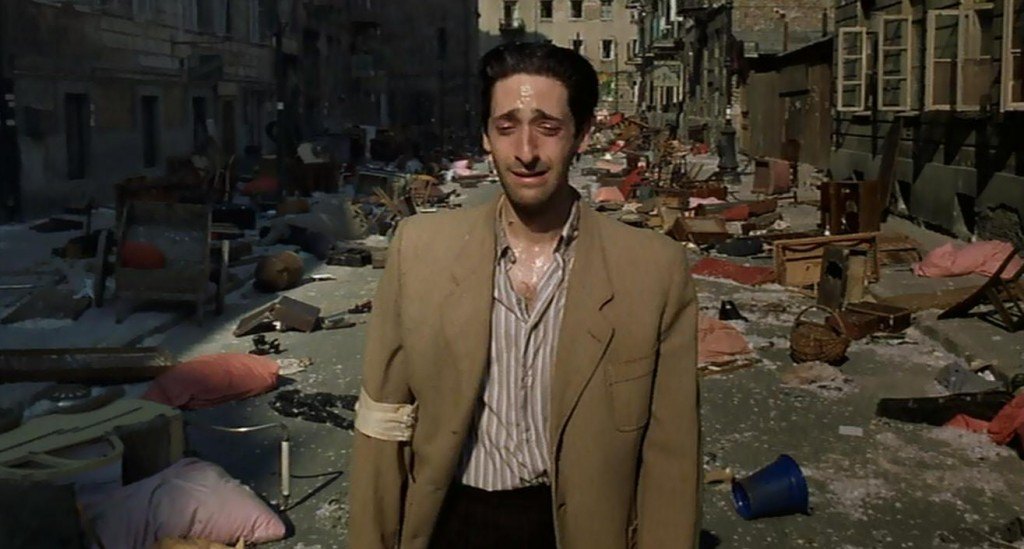
An adaptation of the autobiographical book The Pianist, a World War II memoir by the Polish-Jewish pianist and composer Władysław Szpilman, ‘The Pianist’ talks about Szpilman, who is forced to survive in the Warsaw Ghetto during Nazi Germany’s invasion of Poland.
Keeping with his reputation as a director who does not shy away from truth – regardless of how disturbing it may – Roman Polanski (who managed to escape from the Kraków Ghetto as a child, and thus experienced the horrors of WWII firsthand) holds nothing back in his depiction of the Holocaust’s extreme atrocities. The camera doesn’t flinch when young children are beaten to death, innocent men and women are gunned down and executed in the streets, piles of dead bodies are set afire and a man in a wheelchair is hurled off a balcony, fatally crashing into the ground below. It’s not an easy watch, but it’s a powerful one.
Read More: Best Gangster Movies of All Time
6. 12 Years A Slave (2013)
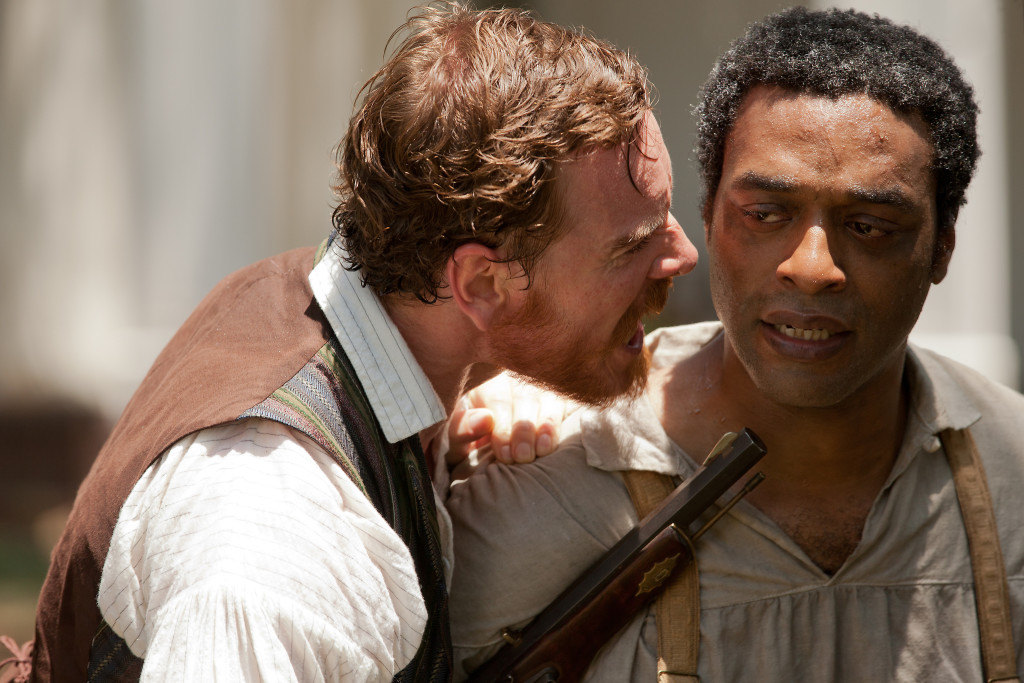
Another film which shows the unflinching truth, and the horror this time is slavery. The film is an adaptation of the 1853 slave narrative memoir Twelve Years a Slave by Solomon Northup, a New York State-born free African-American man who was kidnapped in Washington, D.C. in 1841 and sold into slavery and worked on plantations in the state of Louisiana for 12 years before his release.
This film focuses singularly on showcasing just how awful the conditions were for the average slave in America during this time, but rather remarkably never suffers from sensationalism. The villains are just as much products of the culture of the time as the heroes are of theirs. What really makes ’12 Years A Slave’ stand out, however, are the little details. The buying process at the slave market, the methods and reasons for punishment, the portrayal of a typical day of work, and the role of religion in justifying certain characters’ actions are all very horrifying, but certainly very accurate.
Read More: Best Women Directed Movies of All Time
5. Goodfellas (1990)
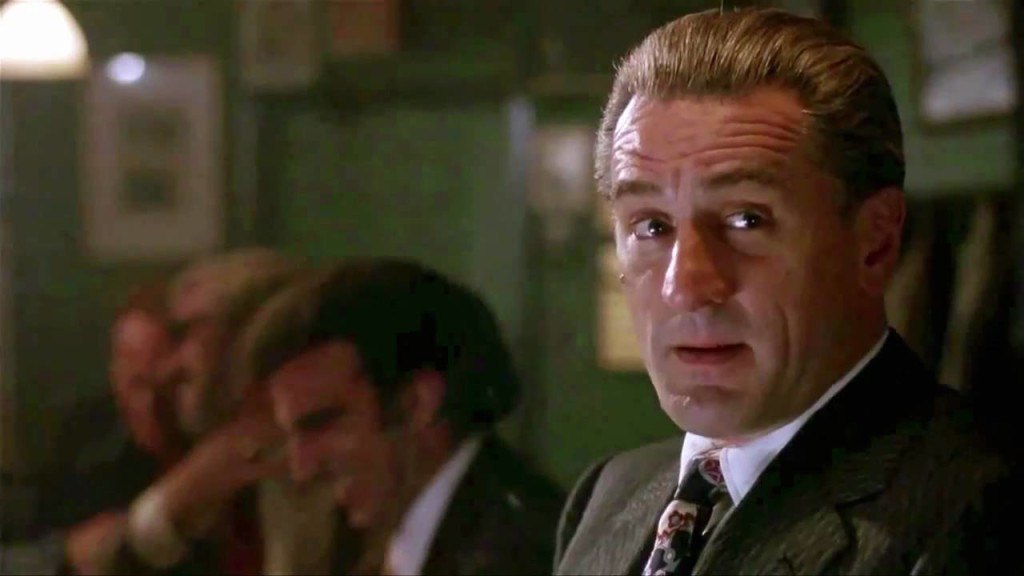
If I had to name one director with the most exuberant enthusiasm towards bringing true stories on the silver screen, it would be Martin Scorsese. From ‘Raging Bull’ to ‘The Wolf of Wall Street’, Scorsese has always striven to find his flawed heroes in the annals of history. And probably the most supreme specimen of his work is ‘Goodfellas’. An adaptation of the 1986 non-fiction book Wiseguy by Nicholas Pileggi, who co-wrote the screenplay with Scorsese, the film narrates the rise and fall of Lucchese crime family associate Henry Hill (the first-person narrator in the film) and his friends over a period from 1955 to 1980. Pileggi stated that after reading Wiseguy, the director immediately picked up the phone, called Pileggi and told him, “I’ve been waiting for this book my entire life.” and Pileggi’s replied “I’ve been waiting for this phone call my entire life.”
Pileggi’s involvement meant access to research work beyond the actual book. And the rest is classic cinema history. In contrast to all the gangster extravagance in ‘Godfather’ or ‘Scarface’, ‘Goodfellas’ deals with the authentic minutiae of daily gangster life. But Scorsese uses all the arrows in his quiver of tricks to make this affair enticing (for instance, this legendary long tracking shot). When it comes to the crime genre, ‘Goodfellas’ is as good as it gets. And realistic too.
Read More: Best Inspirational Movies of All Time
4. 127 Hours (2010)

Based on Aron Ralston’s memoir, Between a Rock and a Hard Place, ‘127 Hours’ tells the story of his life-or-death ordeal after becoming trapped by a boulder in Utah’s Canyonlands National Park. Ralston spent more than five days trapped with only a small amount of food and water plus a pocketknife and a camcorder, which he utilised first as a journal and later as a last will and testament. Realizing that he was going to die, Ralston knew he had just one option to break free; to amputate his own arm. With a true story like that, I think there was very little scope of fictional dramatisation!
And Boyle did it faithful justice, even shooting the film at the actual spot of occurrence. The climactic scene actually caused a few people to faint in theatres. For his part, Ralston said “The movie is so factually accurate it is as close to a documentary as you can get and still be a drama”.
Read More: Best Psychopath Movies of All Time
3. Zodiac (2007)
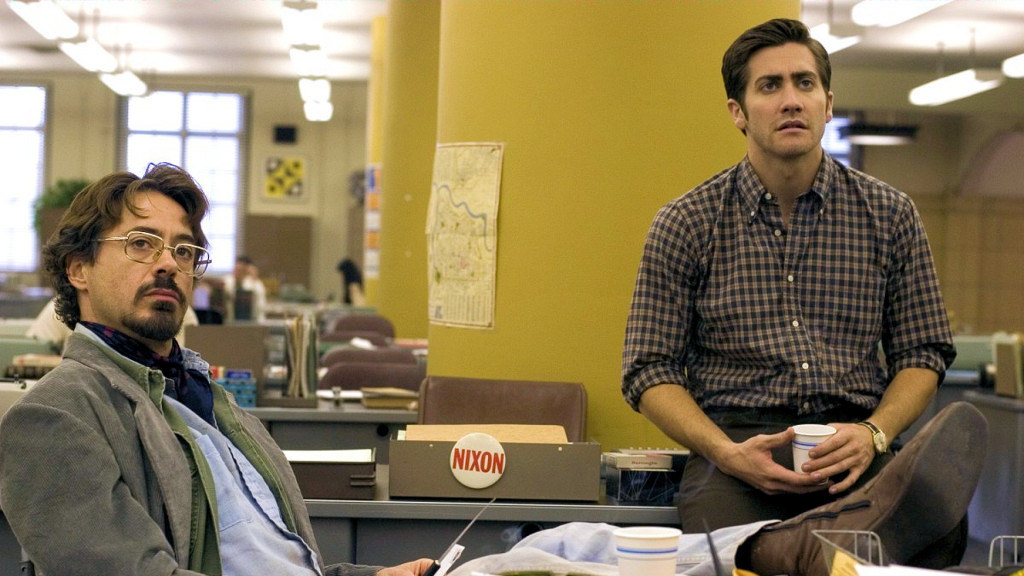
The story of ‘Zodiac’ and David Fincher was a match made in cinematic heaven, as Fincher is a master of the dark, gritty and grounded approach towards storytelling which fits this story like a glove. ‘Zodiac’ chronicles the infamous and unsuccessful manhunt for a notorious serial killer in the San Francisco Bay Area who called himself the “Zodiac”, leaving several victims in his wake and taunting police with letters, blood stained clothing, and ciphers mailed to newspapers during the late 1960s and early 1970s.
Fincher took it upon himself to dispel the mythic stature the case had taken on over the years by clearly defining what was fact and what was fiction. He, along with screenwriter James Vanderbilt decided to enhance the screenplay with additional research done from the original police reports and interviews. ‘All the President’s Men’ was the template for Zodiac as Fincher felt that it was also “the story of a reporter determined to get the story at any cost and one who was new to being an investigative reporter. It was all about his obsession to know the truth”.The film was a tough sell to the studios due to the heavy amount of dialogue and the lack of action scenes, as well as the inconclusive nature of the story arc. But Fincher persevered to make the film, and the rest is history.
Read More: Best Murder Mystery Movies of All Time
2. Schindler’s List (1993)
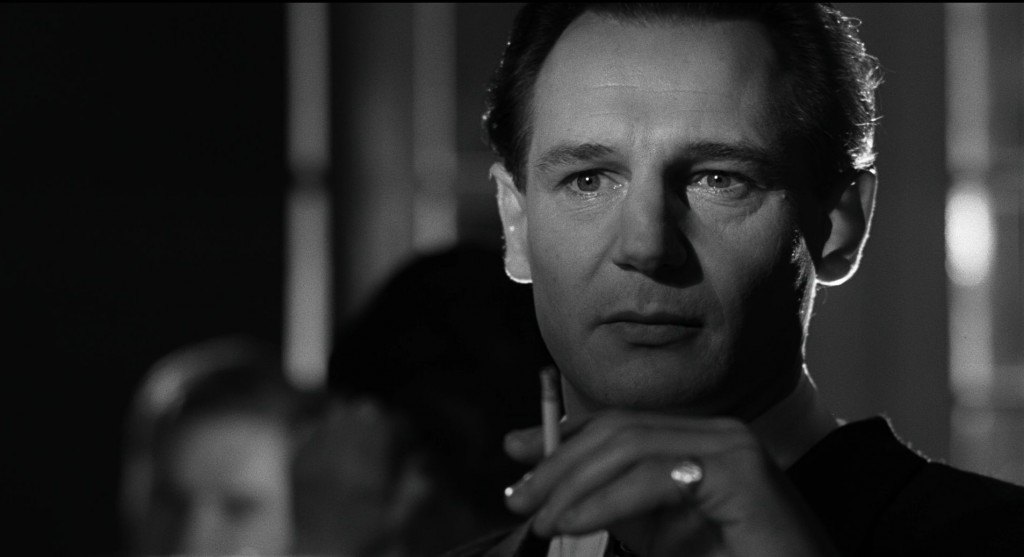
Few films have ever presented an account as effective – or harrowing – of the Holocaust as Steven Spielberg’s ‘Schindler’s List’, a retelling of the life of Oskar Schindler, a German businessman who saved the lives of thousands of concentration camp-bound refugees by offering them employment in his factories during WWII, based on Schindler’s Ark, a historical novel by Thomas Keneally. While many consider Schindler’s List the film that Spielberg was born to make, the director himself was unsure if he was ready to make a film about the Holocaust, and so it was originally pitched to Roman Polanski (who later made ‘The Pianist’, a holocaust drama of his own), Sydney Pollack and Martin Scorsese.
But then Spielberg reconsidered and from the moment he took the reins, he was clear about one thing: the film would be shot like a documentary, which meant that he did not want any stars in the key roles (both Liam Neeson and Ralph Fiennes were still relative unknowns at the time) and that it would be shot in black and white using mostly handheld cameras. It would also be filmed in as many of the actual locations as possible (with the exception of Auschwitz, which they were forbidden from entering). And it is from these elements precisely that Schindler’s List draws its cinematic excellence and gripping poignancy.
Read More: Best Teen Movies of All Time
1. Apollo 13 (1995)
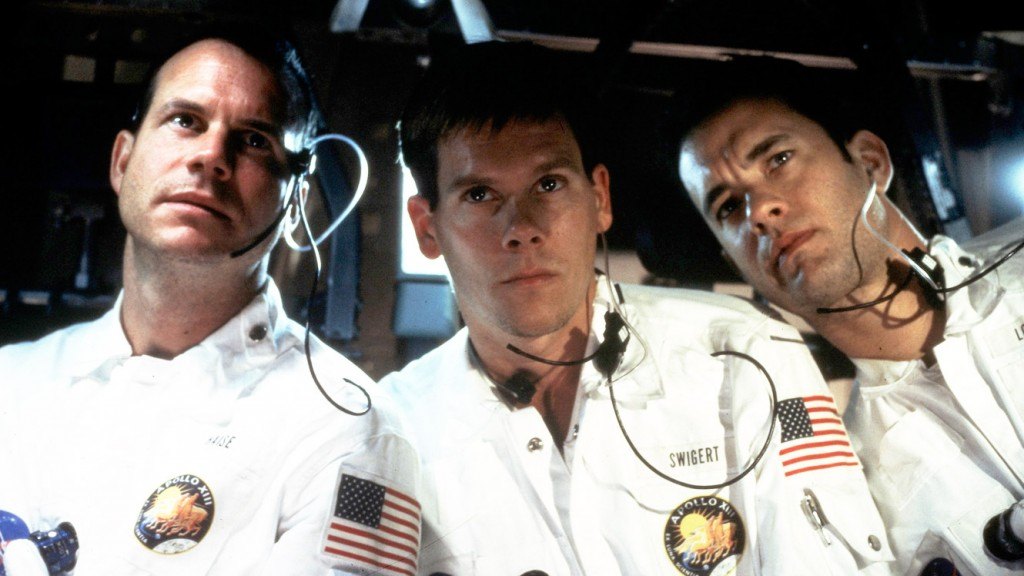
The most difficult aspect of a faithful historical adaptation of a famous event is to keep the audience on its edge despite the fact that they know the outcome. And director Ron Howard overcomes this by making a film which is as educational as it is entertaining as he narrates the story of the titular spaceship’s aborted lunar mission with faithful reverence. Howard went to great lengths to create a technically accurate movie, employing NASA’s technical assistance in astronaut and flight controller training for his cast, and even obtaining permission to film scenes aboard a reduced gravity aircraft for realistic depiction of the “weightlessness” experienced by the astronauts in space.
For his role as NASA Flight Director Gene Kranz, Ed Harris listened to the audio communications between flight control and the astronauts, was given access to hundreds of NASA documents, took a class in physics and enrolled in flight control school. The dialogue between ground control and the astronauts was taken nearly verbatim from transcripts and recordings, except an iconic creative liberty of editing a back-and-forth dialogue between Apollo and flight control down to one simple and memorable line: “Houston, we have a problem.” Barring this and a few contrasts (which surface after copious nitpicking), ‘Apollo 13’ does its history utter and absolute justice.

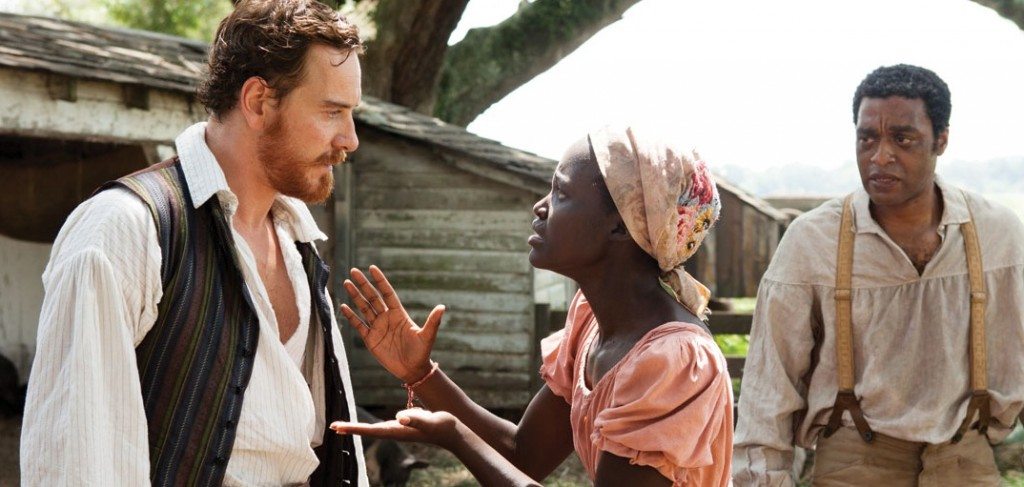
You must be logged in to post a comment.